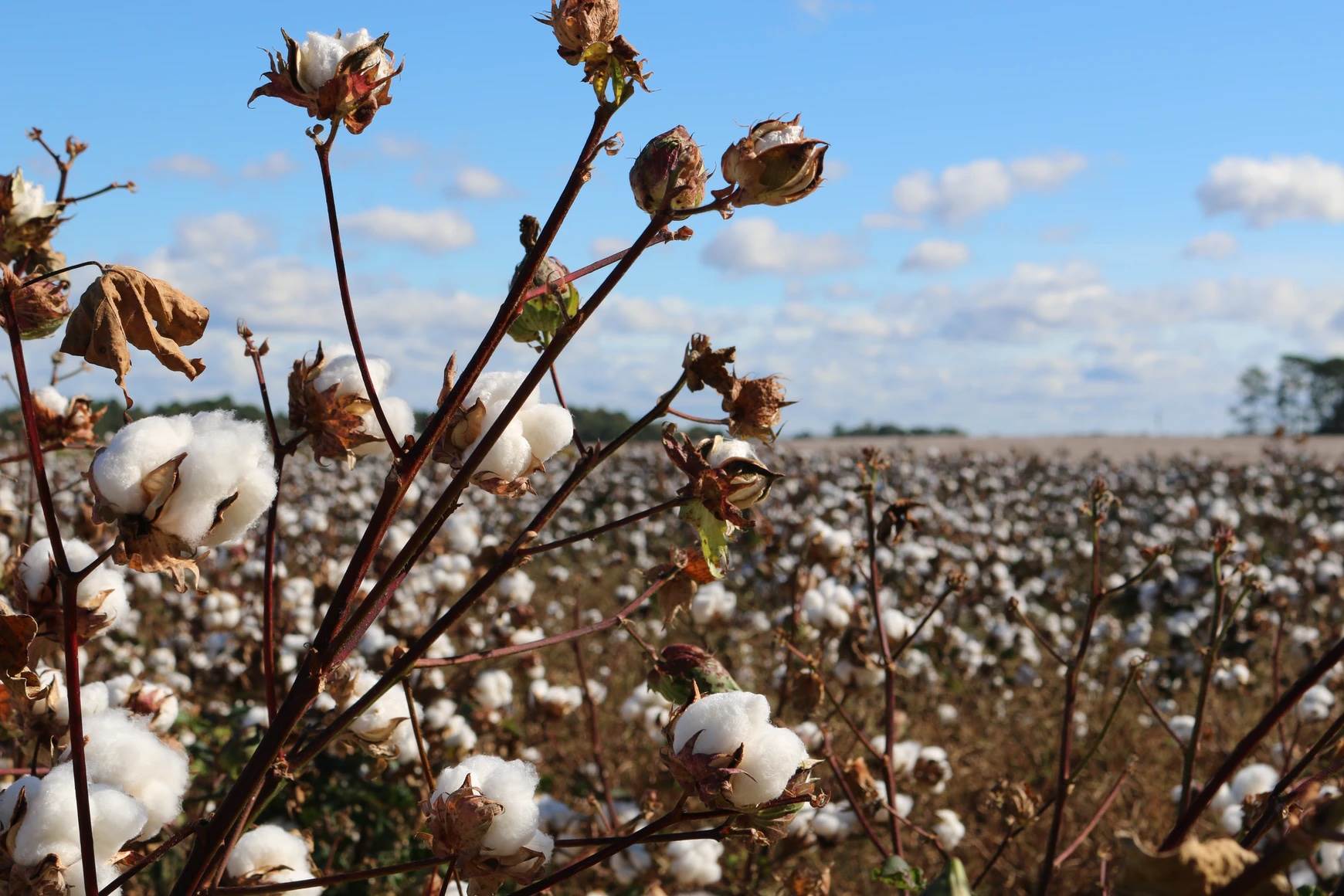ILO: systemic child and forced labour ‘eliminated’ from Uzbek cotton
01/03/2022

Based on quantitative and qualitative interviews with more than 11,000 pickers “from all provinces and districts” on the ground, Mr Astrup told how there were some isolated cases of perceived coercion at a local level, but that this had been experienced by less than 1% of respondents (with complex social reasons as to why, he added).
The ILO further found evidence of a trend towards minimum wage, with some pickers receiving a teacher-level salary of roughly $175 per month during the harvest, as well as democratic grassroots movements focusing on collective wage bargaining.
Slightly more men participated in the cotton picking than in 2020, but two-thirds of pickers were female, as with the previous year’s findings. Around 81% of pickers hailed from rural areas.
On behalf of the ILO, whom he said had been giving Uzbek cotton pickers a “voice” since 2015, Mr Astrup recommended that “responsible” brands and retailers should now source textiles and garments from Uzbekistan, the world’s sixth-largest cotton producer. This will help encourage the continuation of this positive momentum in and around the nation’s cotton fields, he explained, as well as support health and education sector reforms, for example, which will inevitably be boosted by economic growth from increased trade.
Image: Trisha Downing via Unsplash










